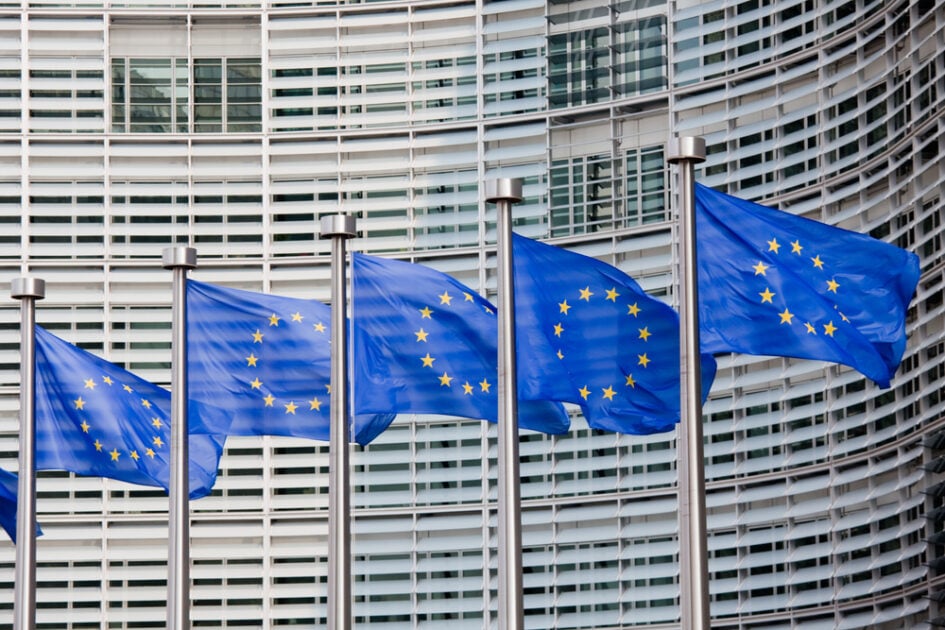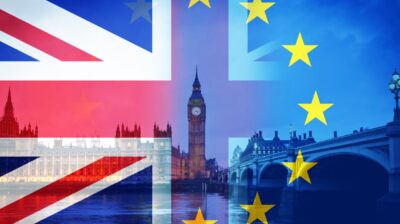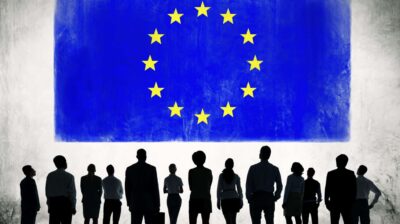EP: Gender equality in the European Parliament
Read more about how gender equality is being tackled in the EU

What is Gender Equality?
Gender equality is achieved when women and men enjoy the same rights and opportunities across all sectors of society, including economic participation and decision-making, and when the needs and aspirations of women and men are equally valued.
How Do We Measure Gender Equality?
Gender equality is measured by looking at the representation of men and of women in a range of roles. There are a number of ways that Ireland compares their data with those of other countries in order to measure gender equality.
Why Is Gender Equality Important?
Despite many successes in empowering women, numerous issues still exist in our social, cultural, political, and economic life where women are not equally treated. These include but are not limited to
- Pay
- Women's economic independence
- Female poverty
- Women's underrepresentation in decision making
- Sexual and reproductive health rights
- Trafficking and violence against women and girls
The European committee in charge of gender equality is known as FEMM and their aim is to mainstream gender into all EU policies The work of FEMM is wide reaching and they have responsibilities in the areas of:
- The promotion and protection of women's rights in the European Union and related community measures
- The promotion of women's rights in third countries
- Equal opportunities policy, including equality between men and women with regard to labour market opportunities and treatment at work
- The removal of all forms of discrimination based on sex
- The implementation and further development of gender mainstreaming in all policy sectors
- The follow-up and implementation of international agreements and conventions involving the rights of women
You can check out the names of the committee members of FEMM here:
What Are FEMM Currently Working On?
Some of the things currently being worked on by FEMM include:
- The situation of women refugees and asylum seekers in Europe.
- Mainstreaming of Gender in the work of the European Parliament.
- External factors that represent hurdles to European female entrepreneurship.
- Gender equality and empowering women in the digital age.
- Women domestic workers and carers in the EU.






